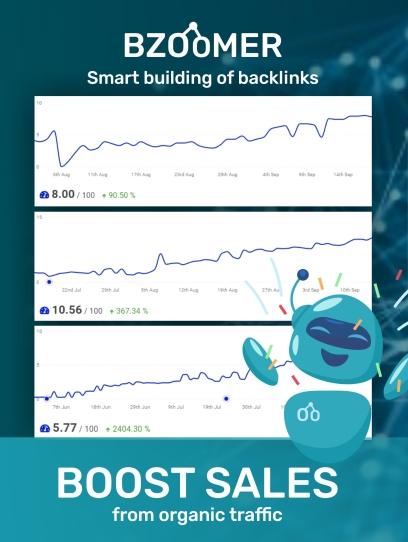Intensive Outpatient Program (IOP) treatment in New Jersey offers individuals struggling with addiction, mental health issues, or co-occurring disorders a flexible and effective path to recovery. IOPs bridge the gap between inpatient treatment and outpatient care, providing participants with intensive therapy and support while allowing them to maintain their daily routines. In the Garden State, a range of reputable facilities and programs are dedicated to helping individuals regain control of their lives and achieve lasting recovery.
- What Is IOP Treatment?
IOP treatment is designed for individuals who require a higher level of care than traditional outpatient therapy but do not need round-the-clock supervision in an inpatient facility. It offers a structured and comprehensive approach to recovery, typically involving group therapy, individual counseling, psychoeducation, and skill-building sessions. IOPs are particularly beneficial for those who have completed inpatient treatment and need ongoing support, as well as for individuals seeking help for the first time.
- The Advantages of IOP Treatment:
IOP treatment in New Jersey offers several advantages:
- Flexibility: Participants can continue with their work, education, or family commitments while receiving treatment.
- Intensive Therapy: IOPs provide several hours of therapy per week, allowing individuals to address the underlying causes of their issues.
- Peer Support: Group therapy sessions foster a sense of community and connection with others facing similar challenges.
- Holistic Approach: Many IOPs in New Jersey incorporate holistic therapies, such as yoga, art therapy, and mindfulness practices.
- Personalized Care: Treatment plans are tailored to meet the unique needs of each participant.
- Comprehensive Substance Abuse Treatment:
New Jersey IOPs are well-equipped to address substance abuse issues, offering evidence-based therapies like Cognitive-Behavioral Therapy (CBT), Motivational Interviewing (MI), and contingency management. These programs also assist individuals in developing relapse prevention strategies and coping skills to maintain sobriety.
- Dual Diagnosis and Mental Health Support:
Many IOPs in New Jersey are experienced in treating co-occurring mental health disorders alongside addiction. These programs integrate mental health counseling and psychiatric services, ensuring that individuals receive comprehensive care for both their substance use and mental health challenges.
- Family Involvement:
Recognizing the importance of family support in the recovery process, New Jersey IOPs often involve family members in therapy sessions and educational workshops. This helps build a stronger support system and improves the chances of long-term success.
- Aftercare Planning:
IOP treatment doesn't end abruptly; it transitions seamlessly into aftercare planning. New Jersey facilities work closely with participants to develop personalized aftercare plans, which may include continued outpatient therapy, support groups, or other resources to ensure a sustainable and lasting recovery.
IOP Treatment New Jersey offers a vital lifeline to individuals seeking recovery from addiction or mental health challenges. With its flexible, evidence-based approach and a wealth of resources dedicated to helping those in need, New Jersey's IOP programs stand as a beacon of hope, guiding individuals toward a healthier, more fulfilling future. If you or a loved one are considering IOP treatment, rest assured that New Jersey's programs are committed to providing comprehensive care and support on the path to lasting recovery.


